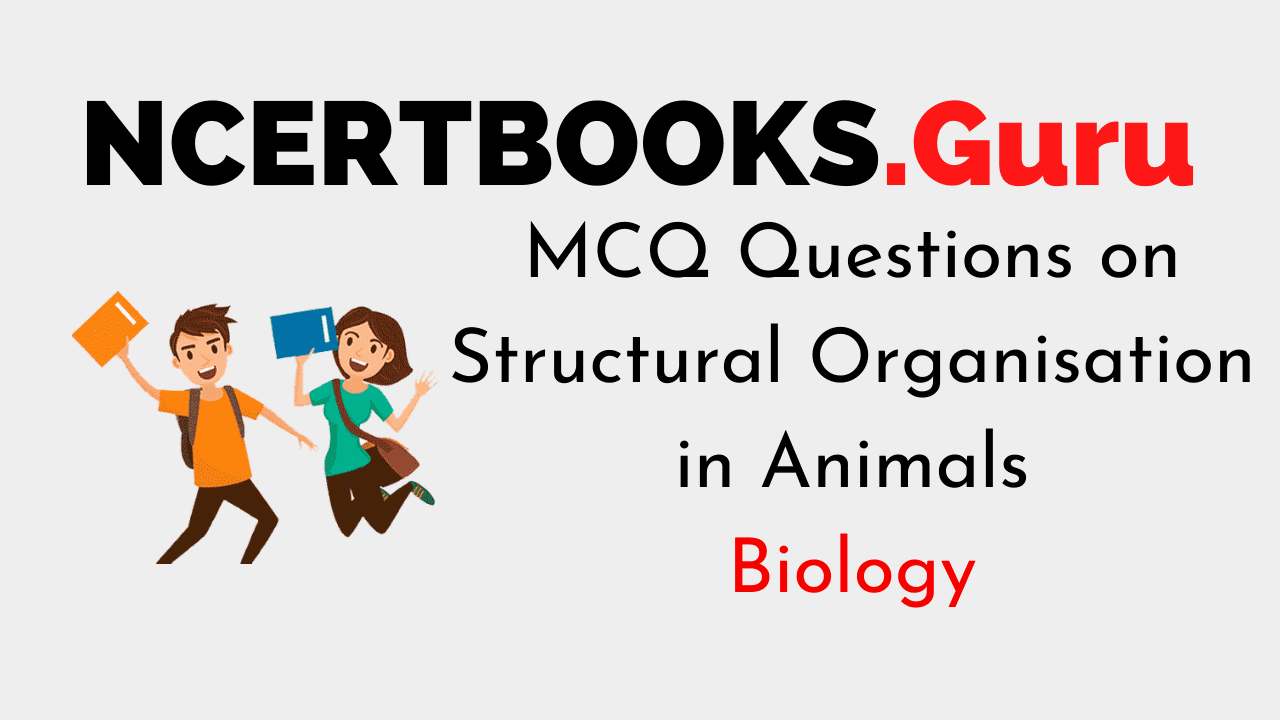Biology is the study of life. Below, You will find a list of Biology MCQ Questions as per the latest prescribed syllabus. Ace up your preparation with the Objective Questions available on Structural Organisation in Animals and enhance your subject knowledge. Understand the concept clearly by consistently practicing the Multiple Choice Questions and score well in your exams.
MCQ Questions on Structural Organisation in Animals
1. ________ is a merocrine gland
(a) Pineal Gland
(b) Sebaceous Gland
(c) Salivary Gland
(d) None of the above
Answer
Answer: (c) Salivary Gland
2. Antigens are typically found in
(a) Plasma
(b) Cell surface
(c) Nuclear membrane
(d) None of the above
Answer
Answer: (b) Cell surface
3. _________ is the enzyme need for muscle contraction. It is present in Myosin.
(a) Actin
(b) Trypsin
(c) ATPase
(d) None of the above
Answer
Answer: (c) ATPase
4. The basement membrane is derived from ______________
(a) Myosin
(b) Pachyderm
(c) Endoderm
(d) Epidermis & connective tissue
Answer
Answer: (d) Epidermis & connective tissue
5. ________ are blood cells that transport oxygen through the bloodstream
(a) Leukocytes
(b) Erythrocytes
(c) Platelets
(d) None of the above
Answer
Answer: (b) Erythrocytes
6. The bone is a natural reservoir for _____
(a) Fluorine
(b) Water
(c) Calcium
(d) Iron
Answer
Answer: (c) Calcium
7. The soft gelatinous tissue found inside bones is called
(a) Bone effusion
(b) Bone marrow
(c) Bone abscess
(d) None of the above
Answer
Answer: (b) Bone marrow
8. Radiation does more damage to cancer cells when compared to normal cells because
(a) Cancer cells do not multiply often
(b) Cancer cells do not have access to nutrition
(c) Cancer cells have a weak cellular structure
(d) Cancer cells undergo rapid division
Answer
Answer: (d) Cancer cells undergo rapid division
9. __________ cells line the blood capillaries
(a) Alpha cells
(b) Endothelial Cells
(c) Oxyntic cells
(d) None of the above
Answer
Answer: (b) Endothelial Cells
10. Antibodies are chemically _______________.
(a) Fats
(b) Foreign pathogens
(c) Actin
(d) Proteins
Answer
Answer: (d) Proteins
